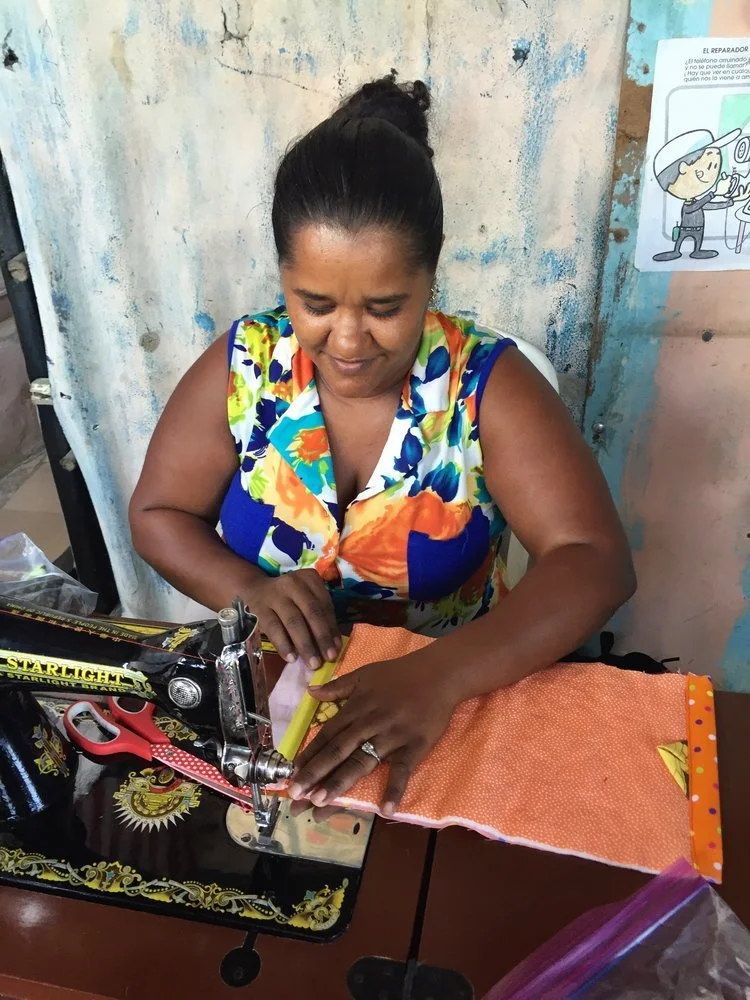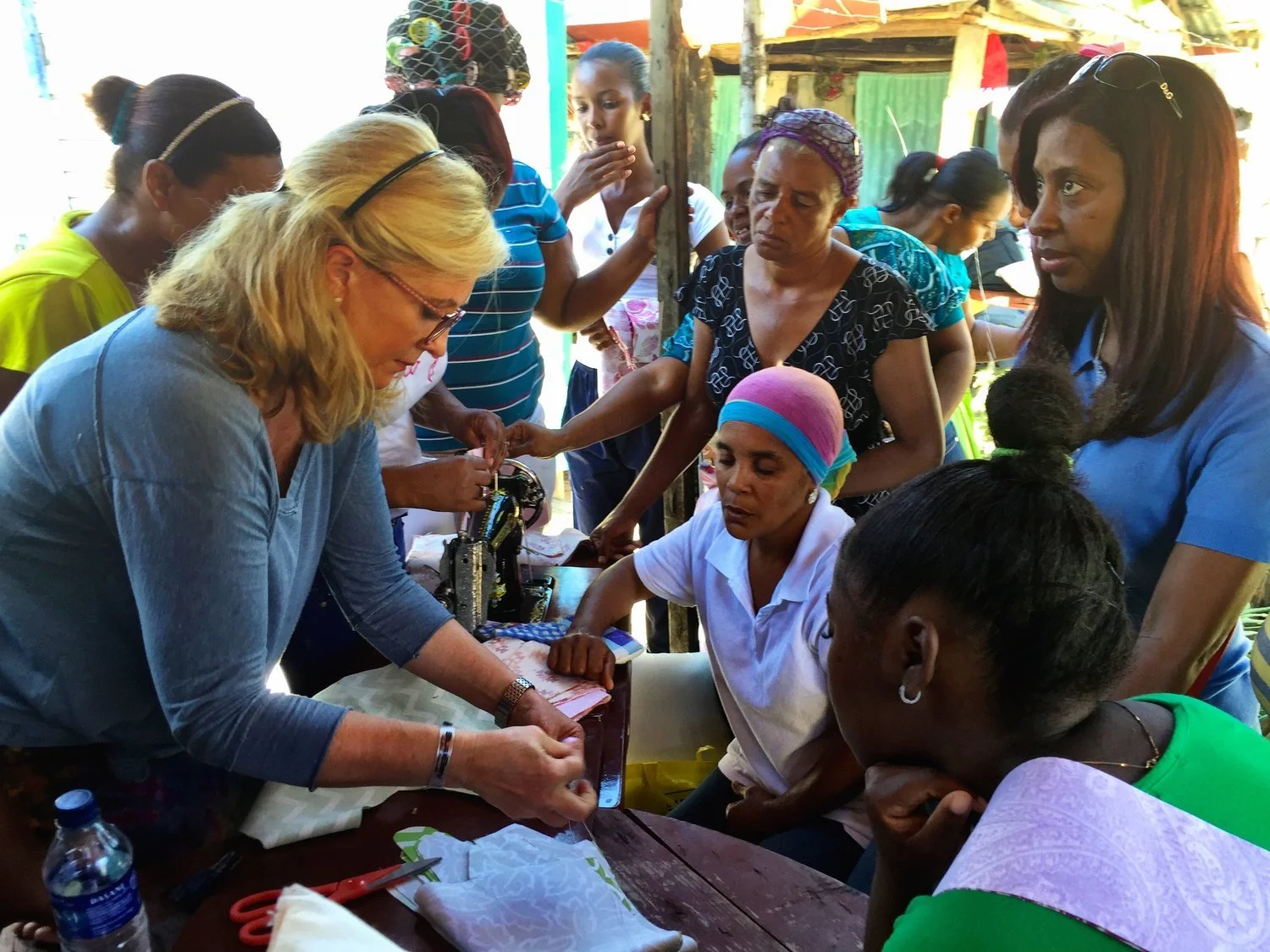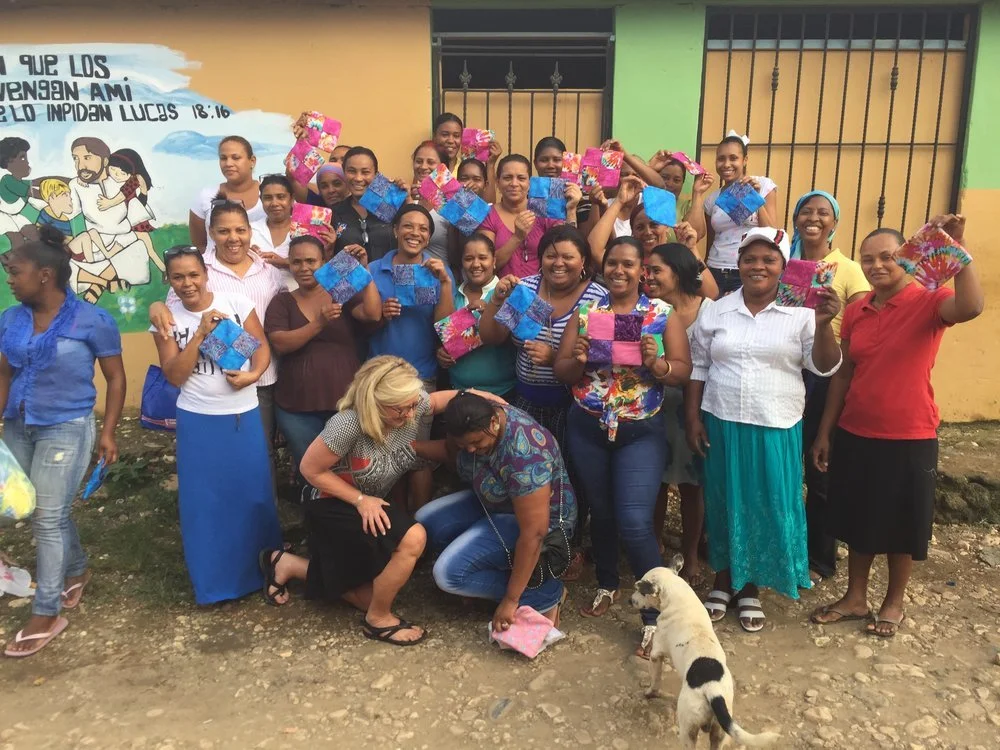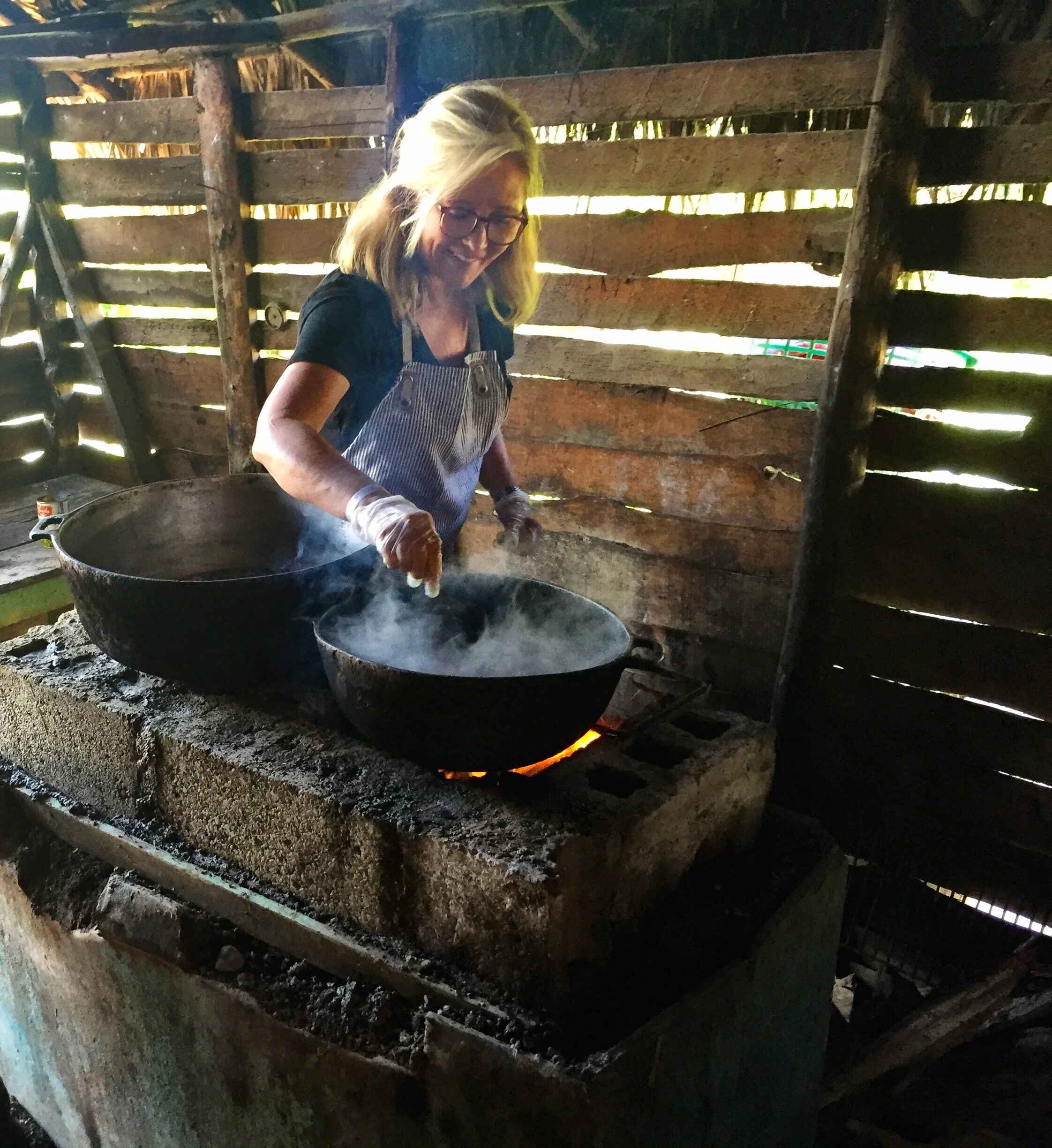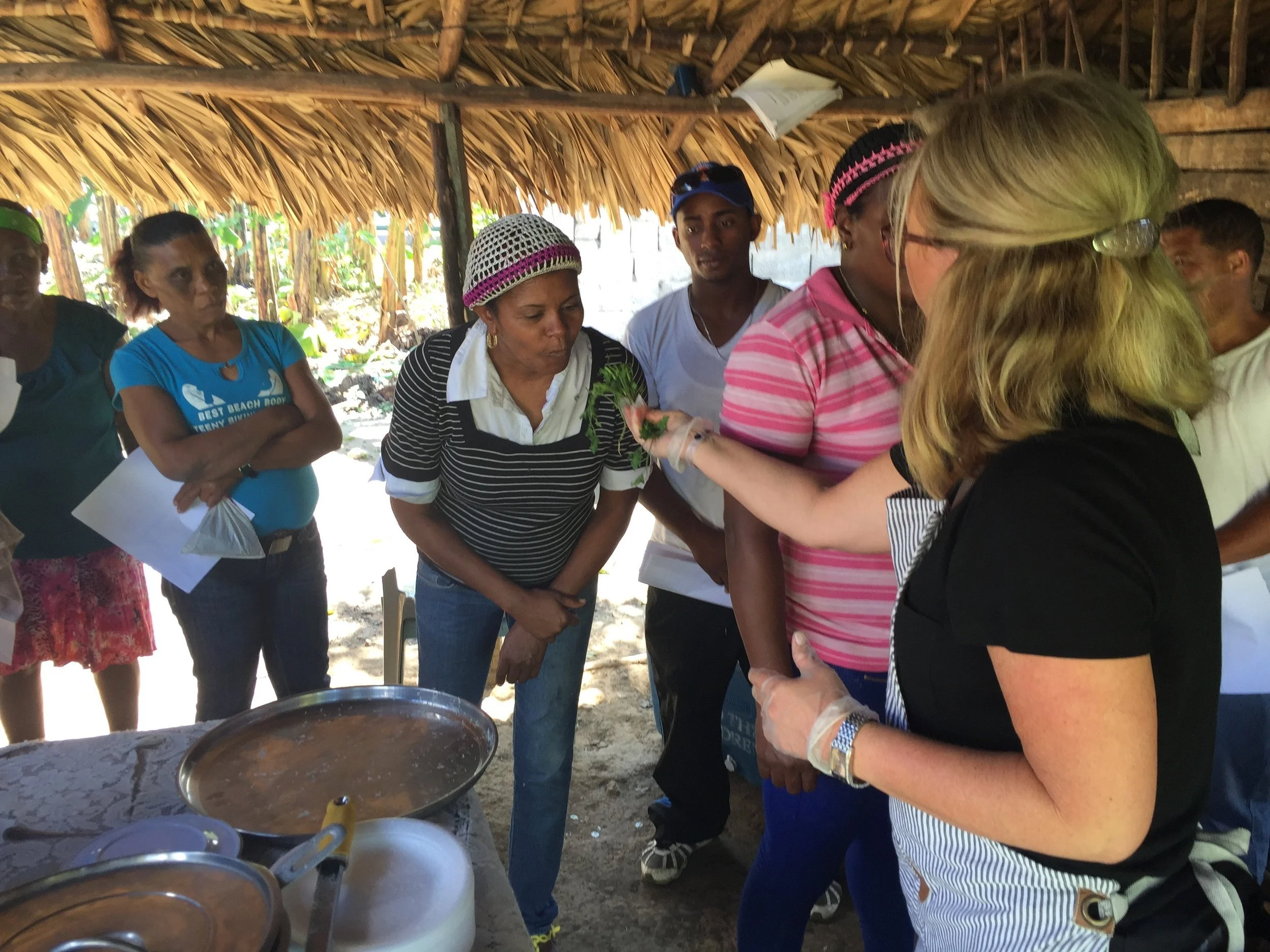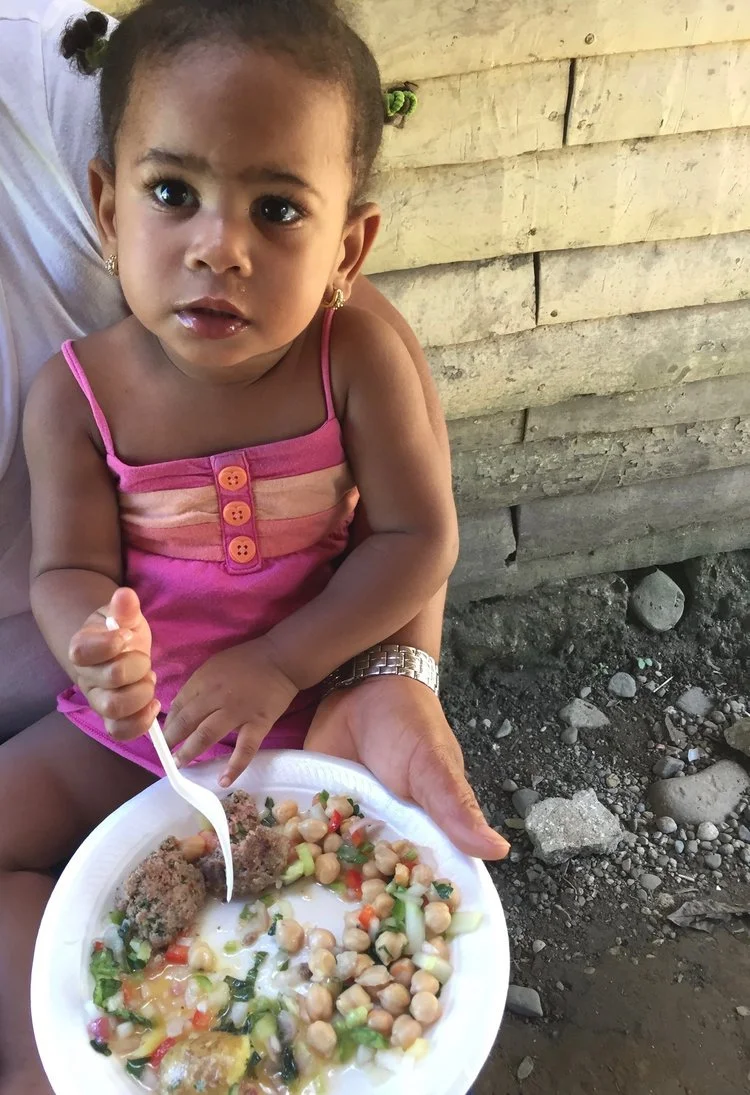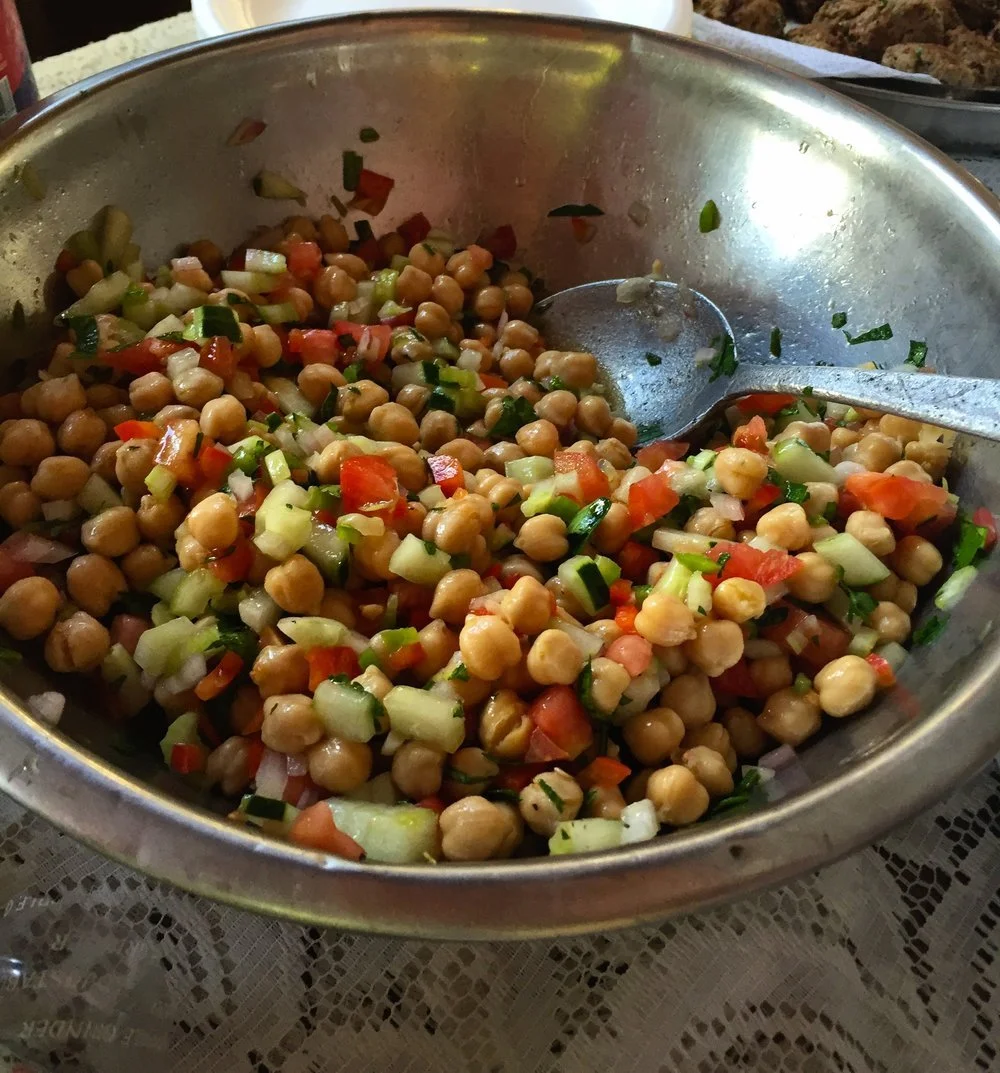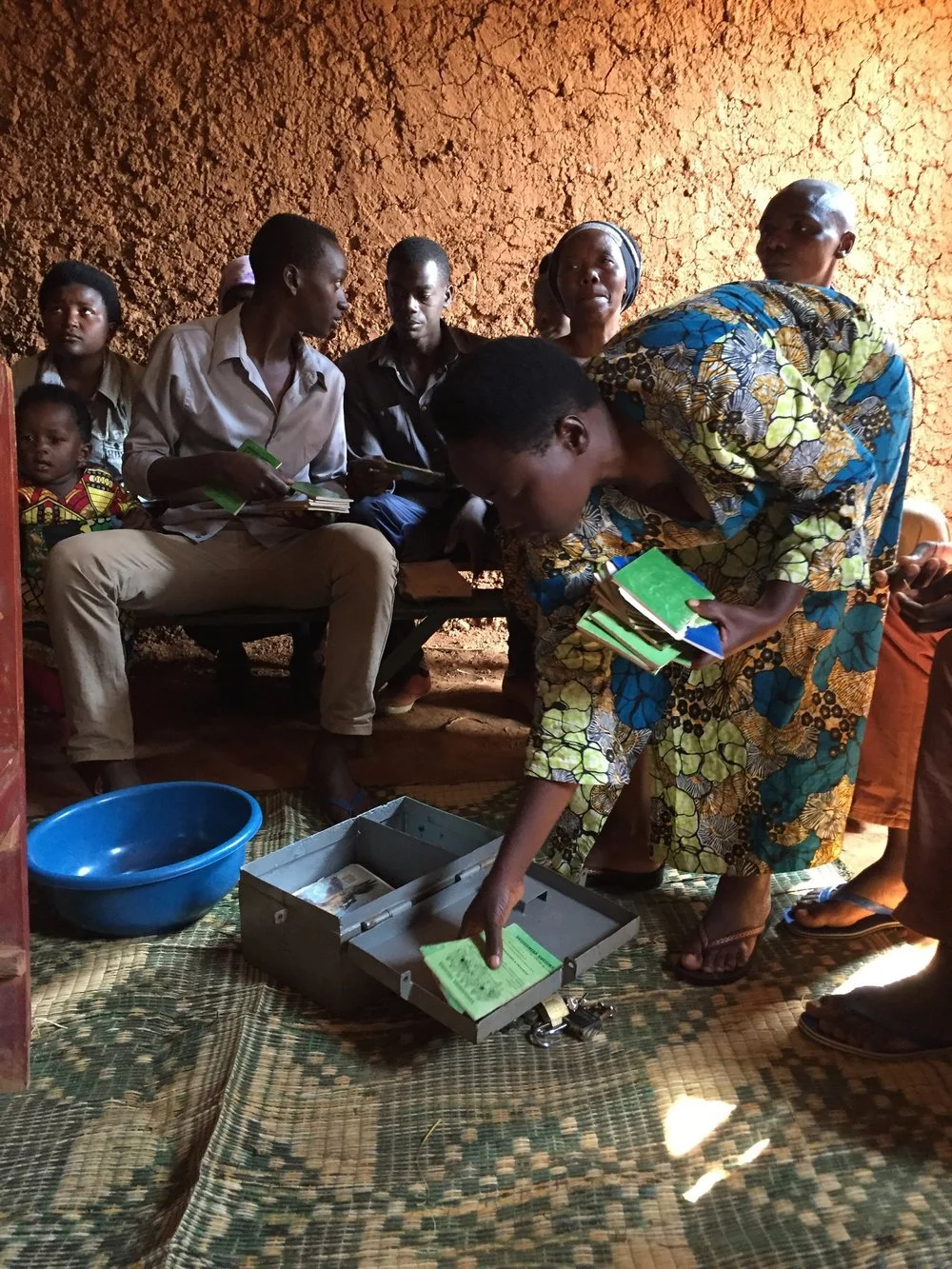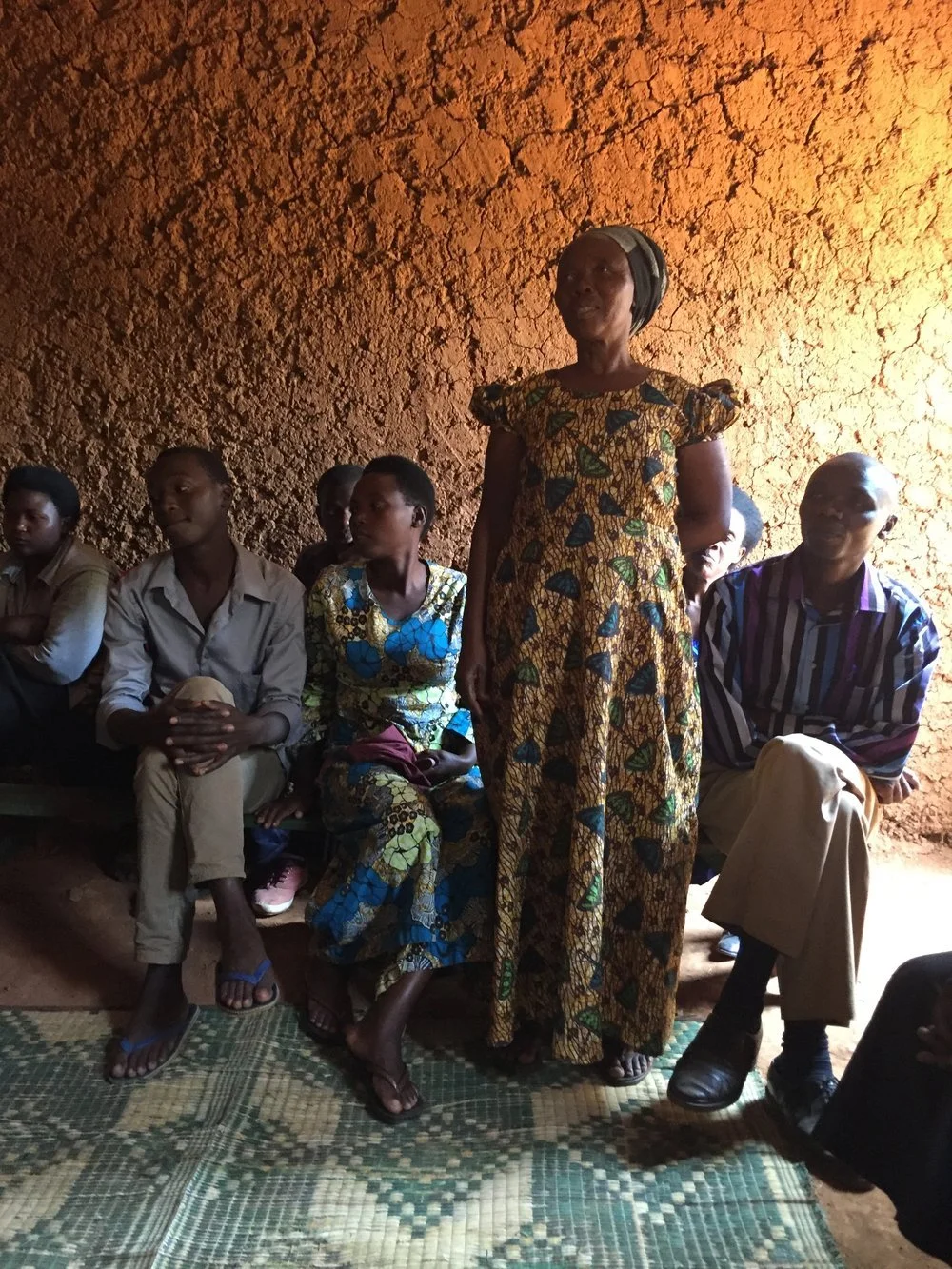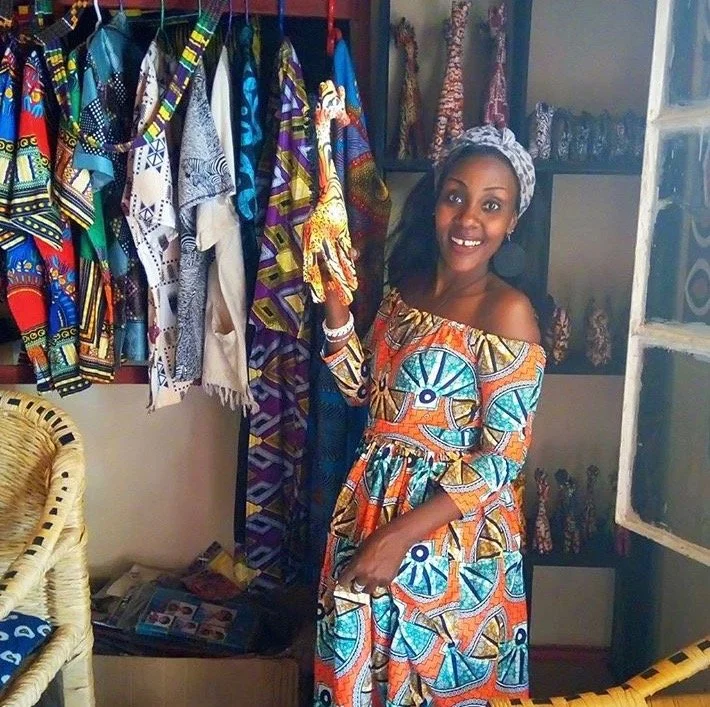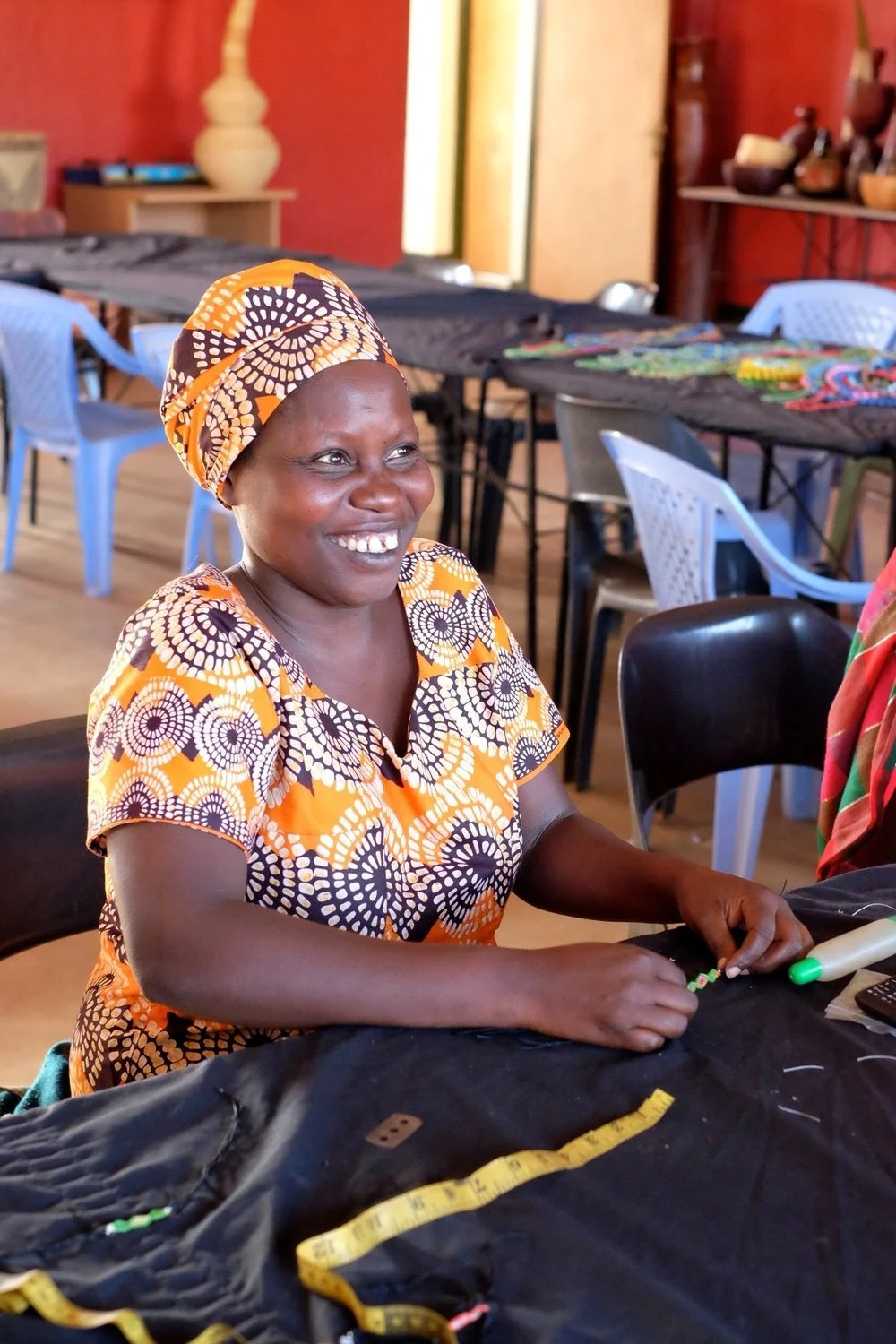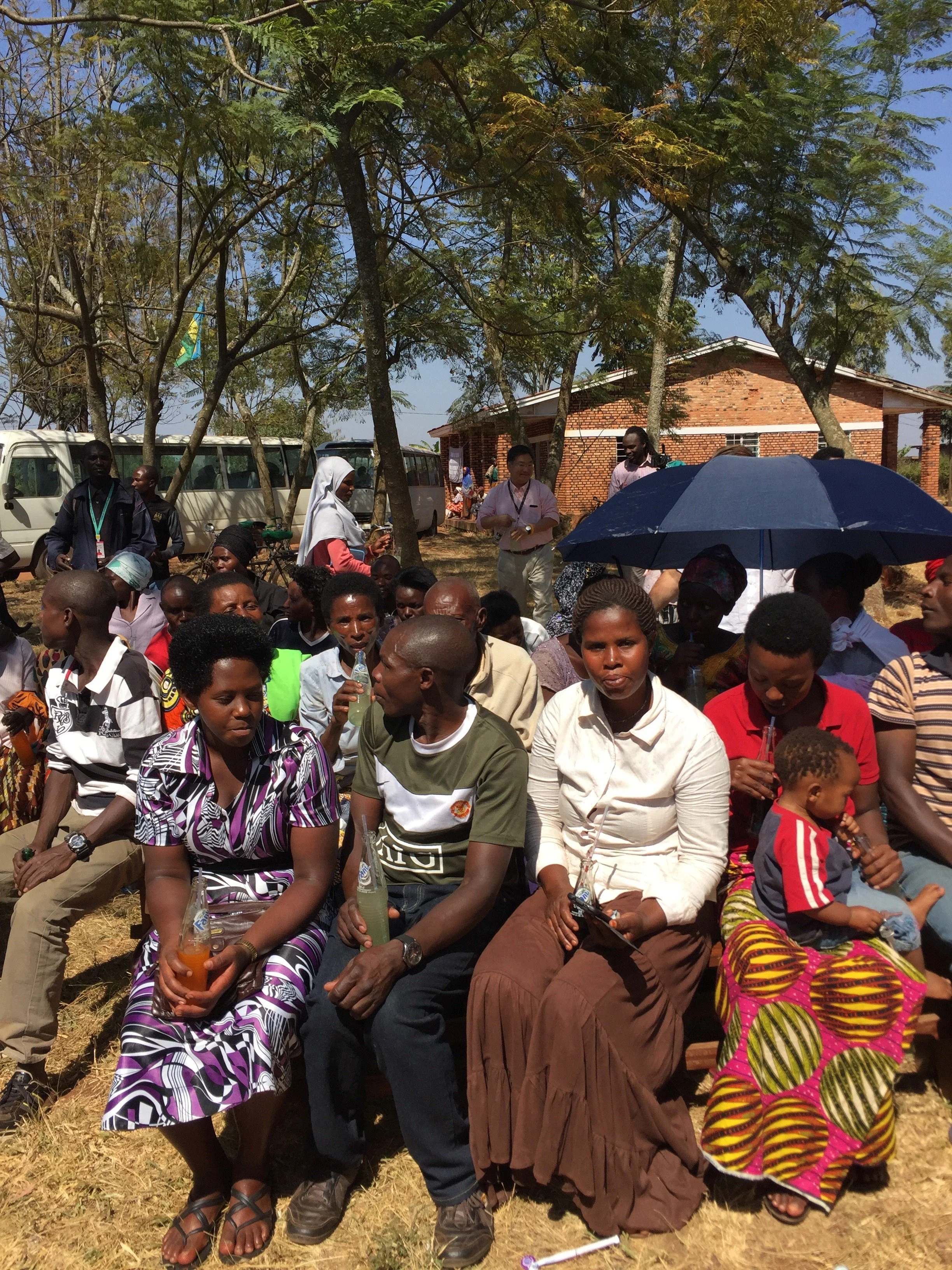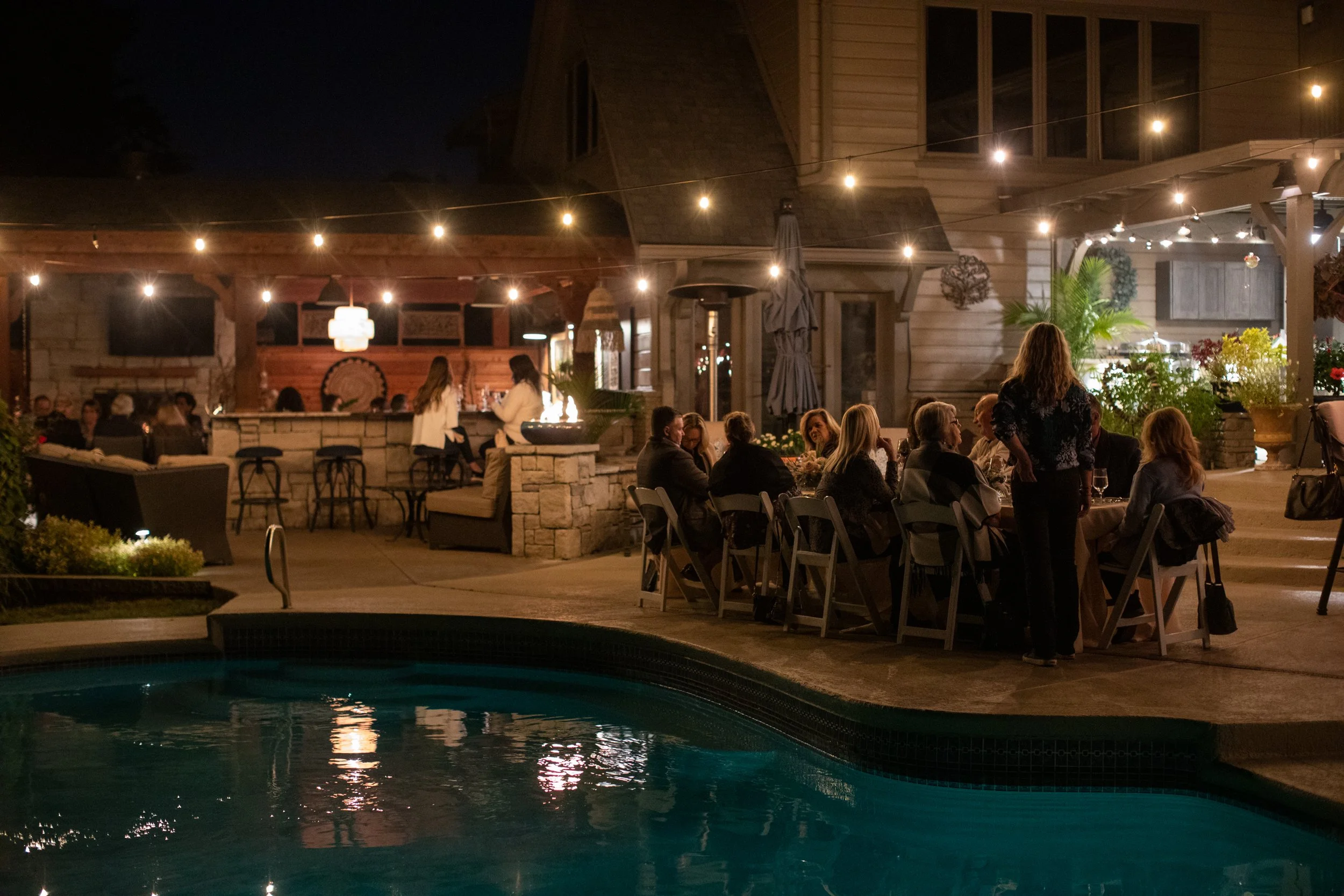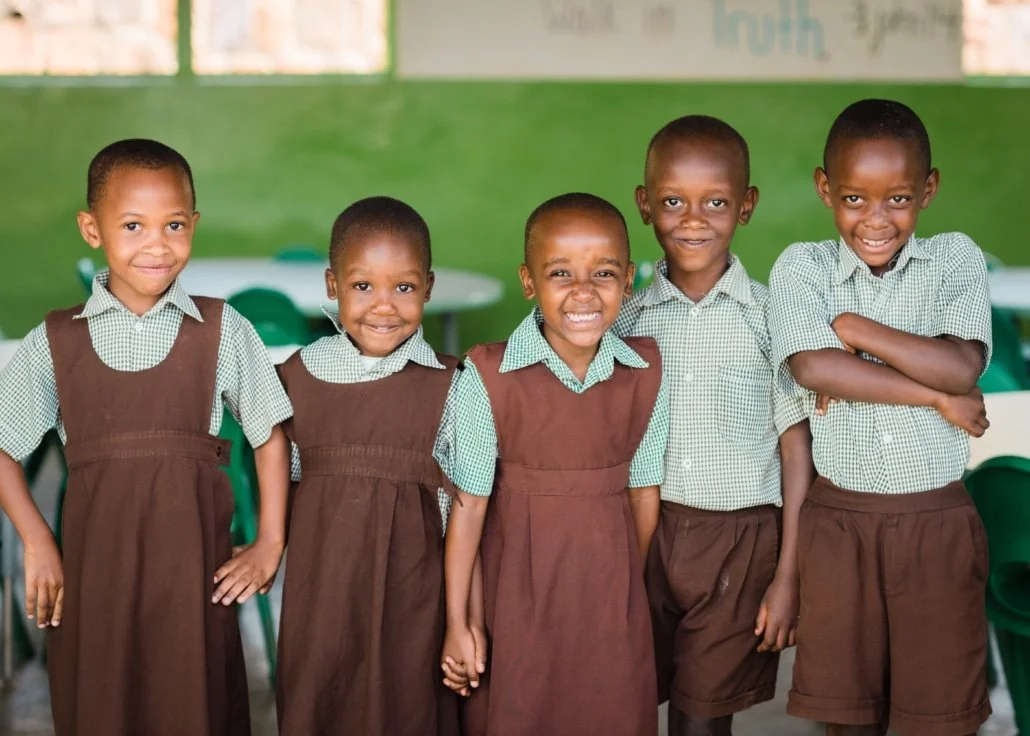Doing Good in the Dominican Republic
Of all the times I traveled to various Caribbean islands, my two visits to Dominican Republic were the most memorable and rewarding. For many years my former husband and I have supported micro-finance organizations around the world.
Of all the times I traveled to various Caribbean islands, my two visits to Dominican Republic were the most memorable and rewarding. For many years my former husband and I have supported micro-finance organizations around the world. Micro-finance is a banking service designed to provide small loans and savings programs to low-income people so they can start their own small businesses, particularly in impoverished countries. These programs are utilized mostly by women who have skills, but no capital to purchase supplies for their business. For example, a woman might get a loan to purchase chickens so she can sell eggs, a bicycle to be a courier in the village, or a sewing machine to sew clothing. Hope International in Lancaster, Pennsylvania is the micro finance organization I have worked with closely, and it is from them that I learned how effective these small loans and savings programs are.
When my children were young we took them to Dominican Republic to visit a community where a partner of Hope International called Esperanza was working with a group of women who had started businesses with micro loans. Each week the women meet in small groups to make payments on their loans. There was a representative who collected the small payments and kept records in booklets each woman brought to the meeting. She also offered business advice and led discussions about parenting and health concerns. If someone in the group was unable to make a payment, or unable to attend the meeting, the other women had to make the payment for her. This process creates accountability and a community that is hugely successful. We visited the homes of one woman who had a store in her small house. She had 2 shelves that held items like a toothbrush, eggs, and candy, and she sold them through the window. Another woman carried a cardboard box around the village selling empanadas.
Several years after that first visit, I emailed Esperanza and asked if I could send a donation so they could purchase sewing machines for women to learn to sew as a business. After a long chain of emails, I was asked to go to Dominican Republic to teach sewing and cooking so some of the women in a village near Sosia. From the donation they were able to purchase ten treadle sewing machines and hire a local seamstress to teach women how to sew. Because there was no electricity, the sewing machines were set up outside, so they had plenty of light. As the guest teacher, I taught twenty-nine women on ten machines, but I soon realized that teaching them to sew by hand was more useful since most of them wouldn’t have access to a sewing machine at home. Over the course of three days they each made a potholder, coin purse, and tote bag from fabrics I had brought from home.
I spent the remainder of my visit teaching cooking classes in two different villages. Each class had nearly thirty women in attendance, and I cooked with no electricity or running water. My goal was to teach three dishes using ingredients they grew or could get in their market. When I shopped for the food I would need, I discovered they didn’t have lemons, which was the main ingredient for lemon meatballs, one of the dishes I had planned to teach. I learned that lemons weren’t available on the island, but limes were in abundance, so I decided we would make lime meatballs. The first day I was scheduled to teach, my assistant from Esperanza drove me toward the village. There was a bridge that had washed out the night before during a rainstorm and we couldn’t cross the river by car. She made a phone call and two motorbikes arrived to take us across the river to the village. We carried all the food and pans I had purchased and rode on the back of the bikes over the rocky riverbank and 2 miles into the jungle. It was quite an adventure!
We arrived at a small house with dirt floors and a tin roof where a woman named Victoria lived. Outside, there was a covered area with a fire pit made from concrete blocks and metal rods. Victoria had built a fire, and a huge iron pot was heating over it. Thirty women were waiting for my cooking class where I taught with the help of my assistant who was also my translator, since none of the women spoke English. Using the ingredients I had found at the market, I made two salads and over a hundred lime meatballs. As I fried them in the iron pot, the heat was so intense, my eyes watered to the point I could barely see. The women sang gospel songs and fanned me with their paper recipes, while wiping my eyes with their scarves. The aroma had wafted into the village and more people arrived to see what was happening at Victoria’s house. I don’t know how many people I fed that day, but it was one of the happiest days of my life. And although lemon meatballs are common in Italy where I learned to make them, I will always prefer them made with limes.
A year later, I felt the need to return to Dominican Republic to teach more cooking classes to women in micro finance programs. Esperanza asked me to go to a different part of the island near Samona, where they were assisting more women in micro finance programs. This time, prior to arriving, I asked if they ask the women if they had anything specific they’d like me to teach. The loan officer met with the women in one of their weekly meetings and asked what they’d like to learn. Their answer was “Italian!”. I was intrigued by their request since most of them didn’t have electricity to watch television, but somehow they knew about Italian food and were eager to learn something about it. I wasn’t sure if they could get dried pasta in their market, but I knew they grew lots of potatoes. It became obvious that I should teach them to make gnocchi, the tender dumplings made from potatoes, flour, and water. My friend, Lori asked to go with me, and for three days we taught over a hundred women how to make gnocchi and three different sauces, including sausage ragu, browned butter, and muddled herbs. Again, we cooked outside, boiling the potatoes on a two-burner gas stove that we carried each day to class. The women rolled gnocchi on long wooden tables, cutting the soft dough and dropping it into boiling salt water. We feasted on gnocchi and marveled that in a hundred years the national food of Dominican might be gnocchi, as long as they passed on their gnocchi-rolling skills to the next generation.
The culture of the Dominican Republic isn’t that different from the rest of the Caribbean islands where the beaches are lined with luxury hotels filled with tourists who have no idea that just blocks away are villages with people who live in poverty. The women I met were so joyful and eager to make a living to support their families. They are skilled and hard-working but have few options. I’m thankful for organizations like Hope International and Esperanza that give people the opportunities to start their own businesses. I’m sure I learned more from the women I taught than they learned from me. I not only gained an appreciation for cooking with few resources and a language barrier, but I also learned that Italian food tastes just as good in the tropics as it does in Italy.
Hope in Rwanda, Africa
Rwanda, Africa is known as the land of a thousand hills. But perhaps it is most known for the terrible genocide in 1994 when over 800,000 people were murdered by their friends and neighbors after being convinced by the corrupt government (through propaganda), that one tribe was superior to another. One cannot visit Rwanda without hearing the stories from survivors of how they lost entire families, their businesses, and their dignity.
Rwanda, Africa is known as the land of a thousand hills. But perhaps it is most known for the terrible genocide in 1994 when over 800,000 people were murdered by their friends and neighbors after being convinced by the corrupt government (through propaganda), that one tribe was superior to another. One cannot visit Rwanda without hearing the stories from survivors of how they lost entire families, their businesses, and their dignity. Many of the people fled to nearby African countries until they were able to return, sometimes as long as ten years later. Many of these survivors have learned to forgive those who destroyed their lives, and some even live in the same neighborhoods as those who murdered their families. These survivors and their children have grown to embrace a new nation that is achieving amazing progress in business, infrastructure, farming, health care, and government.
I was particularly interested in seeing the successful effects of microfinance in Rwanda that has affected many thousands of people who have skills, knowledge and willingness to work hard to provide for their families. Hope International, a Christian microfinance program in the United States, is very close to my heart. The president of Hope, Peter Greer has a passion for poor people that is unlike any I’ve ever known. He and Phil Smith authored the book, The Poor Will Be Glad, and it was from this book that I became aware of the positive results from giving small loans to poor people so they can run their own businesses, buy a home, send their children to school, and accomplish many other things to improve their lives.
I met a group of Americans who were associated with Hope International in June 2016 in Kigali, Rwanda. It was there that we heard from Peter and the Hope staff how the people in Rwanda were benefiting from their loan programs and savings programs with Urwego Bank, a subsidiary of Hope. About 80 percent of the members in Rwanda who receive loans are women. However, we were able to visit with many women and men of Kigali and nearby provinces to listen to their stories and see their places of business.
Many of the people receiving their loans through Hope and Urwego Bank in Rwanda learn about Hope from their church friends. They are placed into groups that meet weekly or bi-weekly to read the Bible, pray, and pay their individual required loan payment with interest to Hope. Most of them had received loans from Hope equivalent to $50-100 American dollars. Some of their businesses we learned about included small grocery stores, milk from cows they have purchased, land for farming, plants for farming, barbeque stands, food stalls, sewing, craft-making, and bicycle taxis.
The most heart-wrenching story we heard was from a woman in Kigali named Biata. She survived the genocide in 1994 after watching her husband, two small children, and the baby strapped to her back murdered. The killers stabbed her shoulders and left her for dead. After four days of lying in her home, she was able to escape. Today she has a very successful craft business formed from the loans she received from Urwego Bank. She has four employees, and sometimes employs up to ten people to make goods for selling in the markets. After hearing her tearful story, which caused us all to cry, we were able to purchase some of her crafts.
We also spent a day visiting people who were in savings groups formed through Urwego Bank. We were driven along dusty roads to a church building high on a hill where 800 people from the village worship. We met nearly 50 people who were there for their weekly savings meeting. After Bible reading and prayer they were each given their savings booklet which recorded their transactions each week. They are all required to contribute at least 200 Francs (25 cents) into their own personal savings account, and it is put into a bucket on the floor to show the group their payment. Some contributed as much as 5,000 Francs ($6). After each member is accounted for and has made his or her savings payment, the leader asks if anyone has a request for a loan from the group for that week.
One woman, named Grace had submitted her request the previous week, and she was given a loan from the group of 20,000 Francs ($25) so she could buy tomato plants and seeds to start a garden and sell tomatoes. Her request was accepted, and she received her loan at that meeting. Emmanuel told us that he had saved enough money to pay for his wedding. After earning more money and saving, he hired a teacher to teach him English. Noel, who is twenty years old, bought a bicycle with his loan and he transports people around the village. He also bought ten sheets of tin to put a roof on his house. An older woman, named Specials grows vegetables to sell. She is a widow with two children, and she also raises seven orphans. The savings group helps her provide food for the children, and she gives credit to God for her good health to provide for these children.
I could write on and on about the people I met in Rwanda who have benefited from Hope and Urwego Bank. The stories were sometimes heart-wrenching, but the strength of these Rwandans and their desire to work and provide for their families was so admirable. Many of them have so little but are so thankful for the opportunities they have been given through microloans which give them pride and confidence to work. We met many Rwandans that have bachelor and master’s college degrees who have committed themselves to helping the people of Rwanda make a sustainable living and become educated. Many of them work for Hope and Urwego Bank.
I have returned to Rwanda several times, teaching cooking to women who are part of micro finance groups, as well as several women who work at Urwego Bank. I have also taught cooking lessons at Hope Haven Rwanda, a school in the village of Murindi, where nearly 1000 impoverished children from around the country are educated. Hope Haven is also dear to my heart, and each year I donate my “Around The World” dinners at their fundraiser in Denver, Colorado. To date, I have helped raise over $250.000 for this wonderful school.
It is always a humbling experience when I visit the land of a thousand hills. I now know there are hundreds of thousands of people who have learned to forgive, return to their homeland, start new families, begin new businesses, accept curious tourists, and smile with pride in a country the world should see as a role model. As many Rwandans say, “God is busy with the world during the day, but he sleeps in Rwanda”.
Doing Good with My ‘Around the World’ Dinners
There’s a Bible verse in the book of I Peter that says, “Each of you should use whatever gifts you have to serve others”. I believe everyone has a gift, whether it’s sewing, teaching, knitting, carpentry, baking, or writing and I think it’s important to use those talents for the good of others. My gift is feeding people. In fact, when I’m asked, “what do you do?” I reply, “I feed people”.
When my children were in high school I was asked to donate a dinner in their auction fundraiser. I agreed to do it, and I recall it raised a few hundred dollars. A group of parents bought it and came to my house for dinner around my dining room table. That was the beginning of many dinners I would host over the next ten years.
I now donate “Around The World” dinners, which include six courses, each from a different place in the world. The annual fundraiser for Hope Haven Rwanda, a school that is near and dear to my heart, raises over $100,000 from my dinners alone, each year. The event is held near Denver, Colorado, and I cook for the winning bidders at the ranch of my friend, Susan Hollern, the founder of Hope Haven Rwanda. The money raised goes to help fund teachers, supplies, and uniforms for the 900 students.
Vizavance, a non-profit in Oklahoma, provides vision screening and eyeglasses to the homeless and underserved children. My “Around The World” dinners have raised over $50,000 for Vizavance, an organization I feel strongly about, partly because I began wearing eyeglasses at age 4, and had a lazy eye that was corrected.
Tulsa Girls Art School is a non-profit that provides after-school art classes and mentoring to girls from low-income families. My “Around The World” dinners have raised over $30,000 at their annual fundraiser. I love seeing the incredible paintings these girls have made, and it reminds me of my grandmother who was an artist. She often taught her skills to young people who couldn’t afford to take art lessons.
I continue to use my gift of hospitality to serve my community, as well as global organizations that are dear to my heart. And I encourage those around me to use their gifts to help others, even if it’s volunteering at a local school or teaching a child how to knit or bake. There’s no better feeling than knowing you’ve helped someone or made them feel better. Hopefully, those gestures go beyond the hands that are served, and are passed on to even more.



